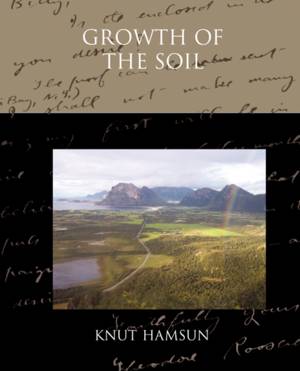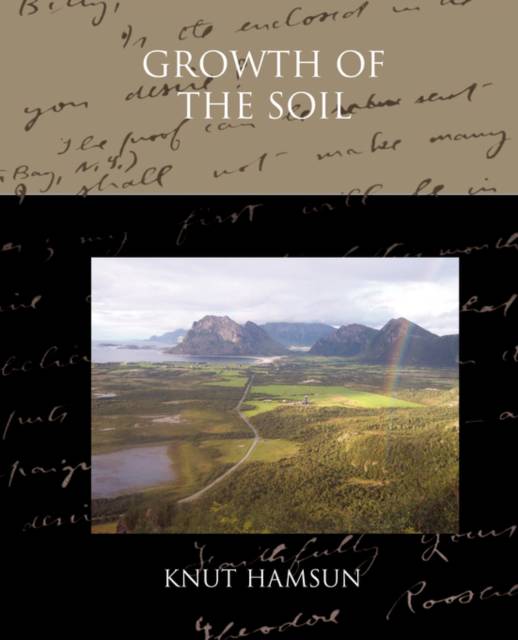
- Afhalen na 1 uur in een winkel met voorraad
- Gratis thuislevering in België vanaf € 30
- Ruim aanbod met 7 miljoen producten
- Afhalen na 1 uur in een winkel met voorraad
- Gratis thuislevering in België vanaf € 30
- Ruim aanbod met 7 miljoen producten
Zoeken
Omschrijving
Knut Hamsun was a major Norwegian author who received the Noble Prize for Literature for Growth of the Soil in 1920. Hamsun writing makes excellent use of symbolism. The essential elements of this novel are expressed in the words of the English translator W Worster in his footnote in December 1920 "Jt is the life story of a man in the wilds, the genesis and gradual development of a homestead, the unit of humanity, in the unfilled, uncleared tracts that still remain in the Norwegian Highlands.It is an epic of earth; the history of a microcosm. Its dominant note is one of patient strength and simplicity; the mainstay of its working is the tacit, stern, yet loving alliance between Nature and the Man who faces her himself, trusting to himself and her for the physical means of life, and the spiritual contentment with life which she must grant if he be worthy.Modern man faces Nature only by proxy, or as proxy, through others or for others, and the intimacy is lost. In the wilds the contact is direct and immediate; it is the foothold upon earth, the touch of the soil itself, that gives strength."
Specificaties
Betrokkenen
- Auteur(s):
- Uitgeverij:
Inhoud
- Aantal bladzijden:
- 364
- Taal:
- Engels
Eigenschappen
- Productcode (EAN):
- 9781605971384
- Verschijningsdatum:
- 13/03/2008
- Uitvoering:
- Paperback
- Formaat:
- Trade paperback (VS)
- Afmetingen:
- 190 mm x 235 mm
- Gewicht:
- 625 g

Alleen bij Standaard Boekhandel
+ 70 punten op je klantenkaart van Standaard Boekhandel
Beoordelingen
We publiceren alleen reviews die voldoen aan de voorwaarden voor reviews. Bekijk onze voorwaarden voor reviews.








